Rubinstein-Taybi Syndrome - GeneReviews® - NCBI Bookshelf
Por um escritor misterioso
Last updated 24 março 2025

Rubinstein-Taybi syndrome (RSTS) is characterized by distinctive facial features, broad and often angulated thumbs and halluces, short stature, and moderate-to-severe intellectual disability. Characteristic craniofacial features include downslanted palpebral fissures, low-hanging columella, high palate, grimacing smile, and talon cusps. Prenatal growth is often normal, then height, weight, and head circumference percentiles rapidly drop in the first few months of life. Short stature is typical in adulthood. Obesity may develop in childhood or adolescence. Average IQ ranges between 35 and 50; however, developmental outcome varies considerably. Some individuals with EP300-related RSTS have normal intellect. Additional features include ocular abnormalities, hearing loss, respiratory difficulties, congenital heart defects, renal abnormalities, cryptorchidism, feeding problems, recurrent infections, and severe constipation.

A novel mutation c.4003 G>C in the CREBBP gene in an adult female with Rubinstein–Taybi syndrome presenting with subtle dysmorphic features - Li - 2010 - American Journal of Medical Genetics Part

Kabuki Syndrome 1 disease: Malacards - Research Articles, Drugs, Genes, Clinical Trials

PDF) An unusual presentation of Rubinstein-Taybi Syndrome with bilateral postaxial polydactyly Corresponding author

Microdeletion and Microduplication Syndromes - Anja Weise, Kristin Mrasek, Elisabeth Klein, Milene Mulatinho, Juan C. Llerena, David Hardekopf, Sona Pekova, Samarth Bhatt, Nadezda Kosyakova, Thomas Liehr, 2012

GeneReviews® - NCBI Bookshelf
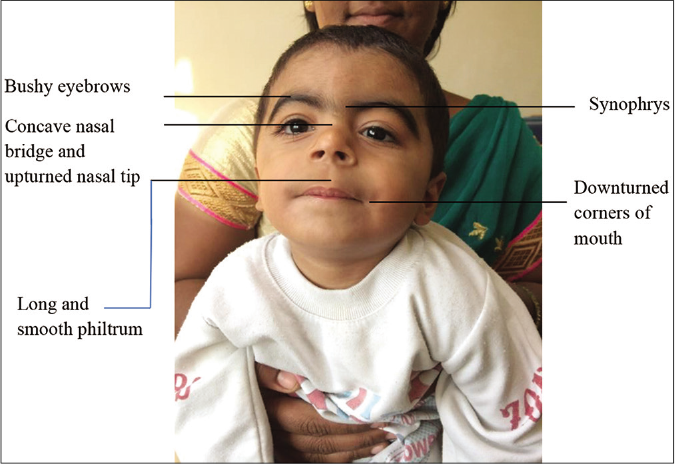
Approach to inherited hypertrichosis: A brief review - Indian Journal of Dermatology, Venereology and Leprology
GeneReviews® - NCBI Bookshelf
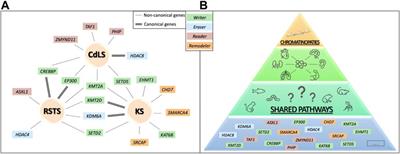
Frontiers Epigenetic disorders: Lessons from the animals–animal models in chromatinopathies
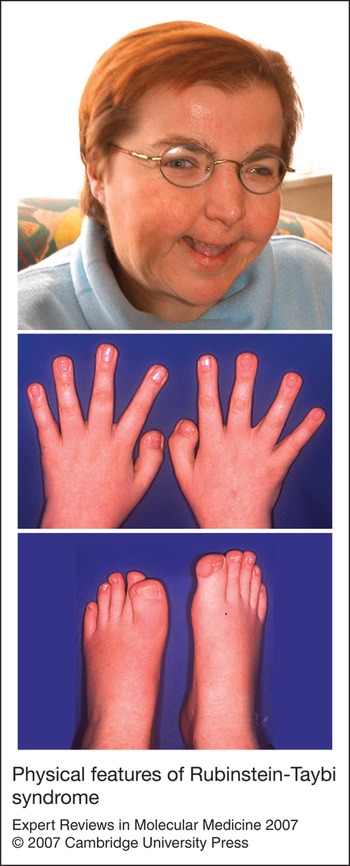
Rubinstein–Taybi syndrome: clinical and molecular overview, Expert Reviews in Molecular Medicine

Molecular studies in 10 cases of Rubinstein-Taybi syndrome, including a mild variant showing a missense mutation in codon 1175 of CREBBP

Rubinstein-Taybi Syndrome - GeneReviews® - NCBI Bookshelf

Genetic heterogeneity in Rubinstein–Taybi syndrome: delineation of the phenotype of the first patients carrying mutations in EP300

genereviews.org - GeneReviews® - NCBI Bookshelf

Medical Publications – Bohring-Opitz Syndrome
Recomendado para você
-
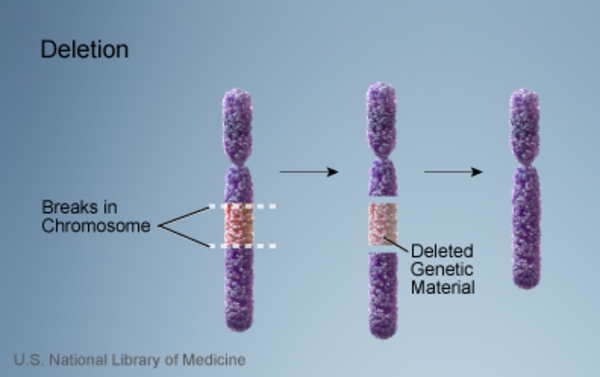 Rubinstein-Taybi syndrome: MedlinePlus Genetics24 março 2025
Rubinstein-Taybi syndrome: MedlinePlus Genetics24 março 2025 -
 Rubinstein–Taybi syndrome - Wikipedia24 março 2025
Rubinstein–Taybi syndrome - Wikipedia24 março 2025 -
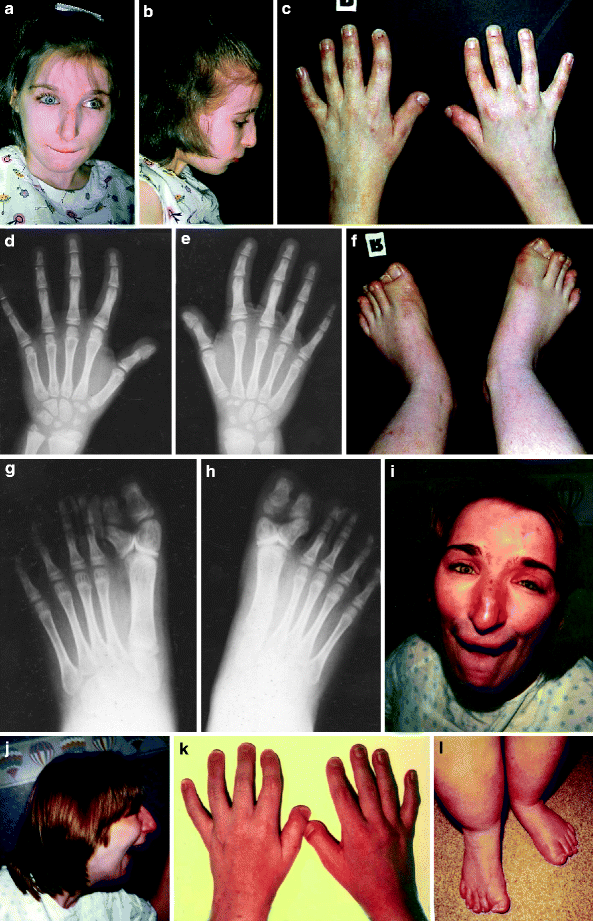 Rubinstein-Taybi Syndrome24 março 2025
Rubinstein-Taybi Syndrome24 março 2025 -
![Figure 2. [Broad terminal phalanges (A) and broad, radially deviated thumbs (B)]. - GeneReviews® - NCBI Bookshelf](https://www.ncbi.nlm.nih.gov/books/NBK1526/bin/rsts-Image002.jpg) Figure 2. [Broad terminal phalanges (A) and broad, radially deviated thumbs (B)]. - GeneReviews® - NCBI Bookshelf24 março 2025
Figure 2. [Broad terminal phalanges (A) and broad, radially deviated thumbs (B)]. - GeneReviews® - NCBI Bookshelf24 março 2025 -
![Figure 1. [Facial appearance of a girl age 11 years with FHS (SRCAP pathogenic variant p.Arg2444Ter)]. - GeneReviews® - NCBI Bookshelf](https://www.ncbi.nlm.nih.gov/books/NBK114458/bin/fhs-Image001.jpg) Figure 1. [Facial appearance of a girl age 11 years with FHS (SRCAP pathogenic variant p.Arg2444Ter)]. - GeneReviews® - NCBI Bookshelf24 março 2025
Figure 1. [Facial appearance of a girl age 11 years with FHS (SRCAP pathogenic variant p.Arg2444Ter)]. - GeneReviews® - NCBI Bookshelf24 março 2025 -
 Rubinstein-Taybi Syndrome 2 disease: Malacards - Research Articles, Drugs, Genes, Clinical Trials24 março 2025
Rubinstein-Taybi Syndrome 2 disease: Malacards - Research Articles, Drugs, Genes, Clinical Trials24 março 2025 -
 Mutations in SRCAP, Encoding SNF2-Related CREBBP Activator Protein, Cause Floating-Harbor Syndrome - ScienceDirect24 março 2025
Mutations in SRCAP, Encoding SNF2-Related CREBBP Activator Protein, Cause Floating-Harbor Syndrome - ScienceDirect24 março 2025 -
 Full article: Psychomotor, cognitive, and socio-emotional developmental profiles of children with Rubinstein-Taybi Syndrome and a severe intellectual disability24 março 2025
Full article: Psychomotor, cognitive, and socio-emotional developmental profiles of children with Rubinstein-Taybi Syndrome and a severe intellectual disability24 março 2025 -
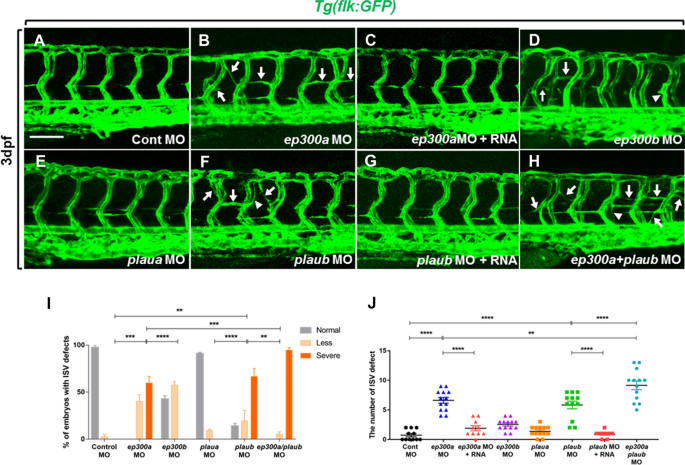 Identification of de novo EP300 and PLAU variants in a patient24 março 2025
Identification of de novo EP300 and PLAU variants in a patient24 março 2025 -
 Rubinstein-Taybi syndrome: principal oral and dental disorders and literature update24 março 2025
Rubinstein-Taybi syndrome: principal oral and dental disorders and literature update24 março 2025
você pode gostar
-
/i.s3.glbimg.com/v1/AUTH_08fbf48bc0524877943fe86e43087e7a/internal_photos/bs/2017/d/M/WAxRfvQYKf4l53RbbCUQ/pokemongo.png) Pokémon Go tem evento de Natal com mais criaturas e caixas de presente24 março 2025
Pokémon Go tem evento de Natal com mais criaturas e caixas de presente24 março 2025 -
 WWE 2K22 Graphics: The Biggest Changes24 março 2025
WWE 2K22 Graphics: The Biggest Changes24 março 2025 -
Free STL file GRINDER BOCA CABJ・3D print design to download・Cults24 março 2025
-
 Onde assistir aos jogos de futebol hoje, terça, online e na TV - 07/1224 março 2025
Onde assistir aos jogos de futebol hoje, terça, online e na TV - 07/1224 março 2025 -
 LANÇOU FIFA 23 MOBILE OFFLINE COM MODO CARREIRA/ BRASILEIRÃO 202324 março 2025
LANÇOU FIFA 23 MOBILE OFFLINE COM MODO CARREIRA/ BRASILEIRÃO 202324 março 2025 -
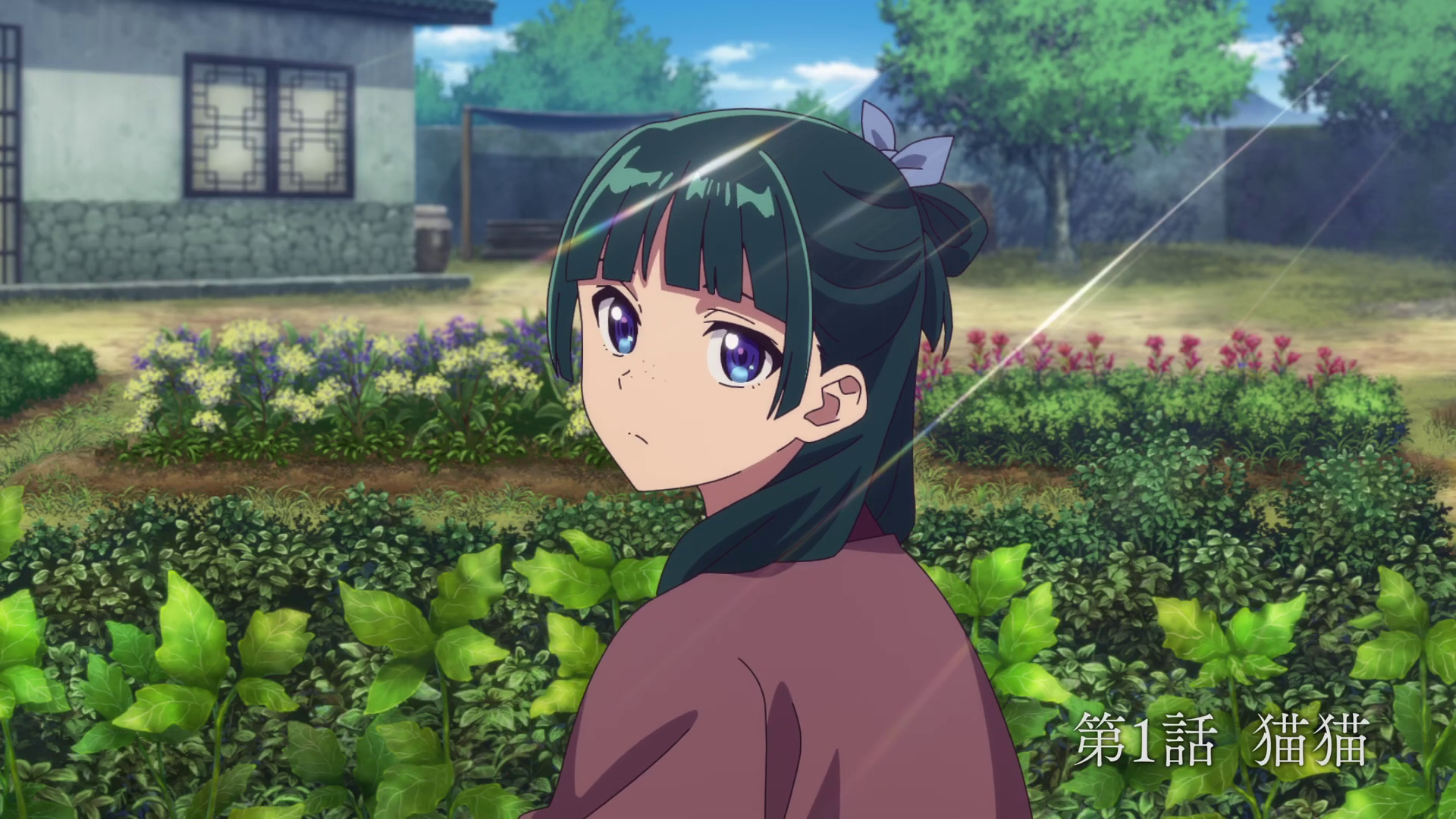 Anime Episode 01, The Apothecary Diaries Wiki24 março 2025
Anime Episode 01, The Apothecary Diaries Wiki24 março 2025 -
 Vetores de Dinossauro Roxo Bonito Ilustração Engraçada Do Vetor Do Personagem De Banda Desenhada Do Bebê Dino e mais imagens de Allosauro - iStock24 março 2025
Vetores de Dinossauro Roxo Bonito Ilustração Engraçada Do Vetor Do Personagem De Banda Desenhada Do Bebê Dino e mais imagens de Allosauro - iStock24 março 2025 -
 Odin's Brothers in God of War Ragnarok!24 março 2025
Odin's Brothers in God of War Ragnarok!24 março 2025 -
 desenhos-para-desenhar-cavalo - Educlub Desenho para desenhar facil, Desenhos para desenhar, Esboços fáceis para desenhar24 março 2025
desenhos-para-desenhar-cavalo - Educlub Desenho para desenhar facil, Desenhos para desenhar, Esboços fáceis para desenhar24 março 2025 -
New Pokémon Snap™24 março 2025
